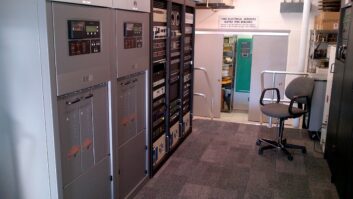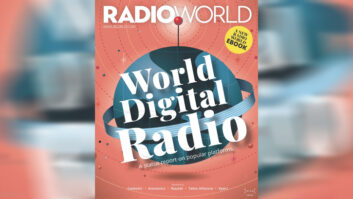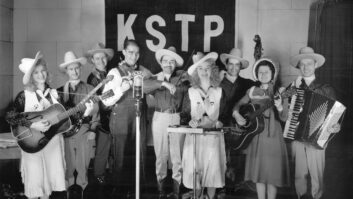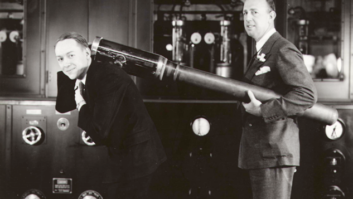LONDON — Podcasting and on-demand services are challenging traditional live radio, but also offer exciting opportunities for broadcasters, the audience at the annual “Drive to Digital” conference has heard.
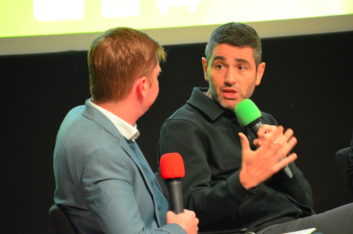
More than 200 delegates gathered in London’s British Library for the annual event, organized by Digital Radio U.K., and hosted by broadcaster Penny Smith.
DISRUPTION
Clare McNally-Luke from United Kingdom’s media regulator Ofcom opened by showing radio listening’s weekly share of audio time at a healthy 72%. However, she sounded a note of caution, suggesting that disruption was underway, with new services challenging the definition of radio.
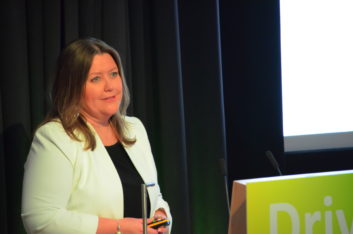
Other audio platforms were borrowing from traditional radio strengths, she said, citing the example of Spotify’s “Your Daily Drive” playlist launched in the United States, which adds news podcasts from the Wall Street Journal and NPR to personalized music, to emulate the content of a radio show.
The BBC’s Alison Winter spoke about its new “BBC Sounds” app, which launched last year to replace BBC iPlayer Radio. It combined three separate offerings of live radio, music, and on-demand podcasts, which she said was crucial to attract new users to BBC Radio content, in addition to existing radio lovers. Winter revealed that BBC Sounds was now attracting 2.7 million weekly users.
[Read: Radio Techcon Opens Registration]
Belinda Doyle of JACK Radio suggested that podcasts could complement linear radio by helping to bolster brands. The U.K.’s JACK Radio is a digital station playing all-female artists, which has recently added “The Offside Rule” — an award-winning female-fronted football podcast produced by Muddy Knees Media — to its schedule.
TECHNOLOGY
On technology, Simon Bryant from Futuresource Consulting reported that they expected 12 million home audio sets to be sold in the U.K. in 2019, breaking all previous records. Smart speakers are driving this growth at 5.3 million units this year, and radio the fourth most popular activity on them.
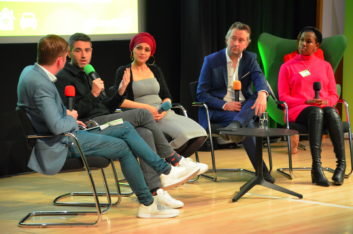
Meanwhile, for in-vehicle listening, Kurt Dusterhoff of SBD Automotive reported that U.K. drivers still want radio, with FM as the most popular source. But in their next car, this desire is shifting to internet radio, with FM dropping five per cent, and IP radio rising 10%, mirroring trends in-home.
The event closed with a podcasting panel. Asked about the popularity of podcasts, Leanne Alie from In-clued Consulting pointed to the increasing diversity, and said the format allowed people to tell their own stories and perspectives, which hadn’t been the case previously for traditional radio.
Steve Ackerman from production company Somethin’ Else said that “once you have the on-demand habit, you can’t go back.”
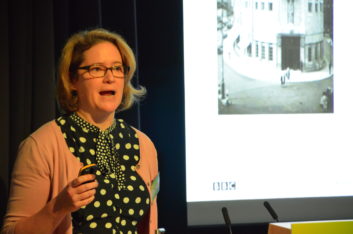
He was confident of the sector’s future, adding: “The audience growth is so aggressive and obviously the money is following, with big entertainment companies joining. It’s a global marketplace for ideas — for the first time, there’s a value to global IP rights. You can now test an idea and show there’s an audience, as we can see hour by hour analytics.”
